Skip calorie counting forever: 16/8 intermittent fasting transforms your body into a fat-burning machine while you enjoy your favorite foods. Learn how.
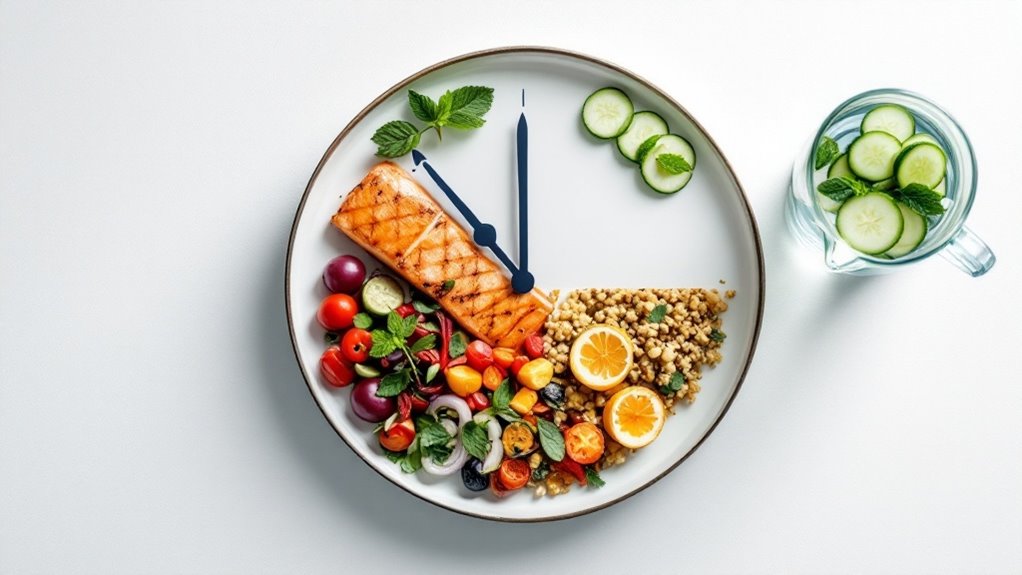
The clock is ticking on traditional diets. Enter 16/8 intermittent fasting, the eating pattern that’s making waves for its simplicity and science-backed benefits. Think of it as a daily eating schedule where you consume all your meals within an 8-hour window and fast for the remaining 16 hours. No complicated calorie counting, just timing.
Let’s be real – humans weren’t designed to eat every two hours like hamsters. This fasting method taps into our body’s natural rhythms, triggering a cascade of beneficial changes. During the fasting period, your body shifts from burning sugar to torching stored fat. Meanwhile, you can still drink water, black coffee, or unsweetened tea. Yes, your morning coffee ritual can survive this diet. Shocking, right? Metabolic health improves as your body adapts to regular fasting periods.
The beauty of 16/8 fasting lies in its flexibility. Want to eat from noon to 8 PM? Go for it. Prefer 10 AM to 6 PM? That works too. The key is sticking to your chosen window. During eating hours, you’ll need to focus on nutritious foods – sorry, but you can’t just binge on pizza and expect miracles. Some practitioners find starting with once or twice weekly helps ease into the routine.
The benefits are impressive: weight loss, improved blood sugar control, better heart health, and potentially even a longer life. But let’s not sugar-coat it – the first few days can be tough. You might feel hungry, tired, or slightly cranky. Starting with a 12-hour fast and gradually working up to 16 hours makes the shift easier. Think of it as training wheels for your fasting journey. For optimal health benefits, aim to consume 1,600-2,400 calories during your eating window if you’re a woman.
However, this isn’t everyone’s cup of sugar-free tea. Pregnant women, people with diabetes, and those with eating disorders should steer clear. And if you’re considering this approach, chat with your doctor first.
Success requires proper hydration and a balanced diet during eating windows. Some people swear by meditation to handle hunger pangs, while others just need a good distraction. The bottom line? It’s a straightforward approach that can work wonders – if you’re willing to watch the clock instead of the scale.
Frequently Asked Questions
Can I Drink Alcohol During My Eating Window?
Yes, alcohol is allowed during eating windows – but don’t go crazy.
Stick to one drink daily for women, two for men. No empty stomach drinking! It’s smart to eat first, since alcohol hits harder when fasting.
Choose lower-calorie options like dry wine or spirits.
And timing matters – drinking close to bedtime messes with sleep.
Keep it moderate to preserve fasting benefits.
How Does 16/8 Fasting Affect Women Differently Than Men?
Women’s bodies react differently to 16/8 fasting – blame evolution.
Their metabolism slows down more than men’s to preserve energy, and their hormones go haywire. Menstrual cycles can get disrupted, and fertility might take a hit.
The weight loss results? Often disappointing compared to men.
Women should start with shorter fasts, like 12 hours, and keep a close eye on their cycles.
Biology isn’t always fair.
Will Medications Break My Fast if Taken During Fasting Hours?
Most pills and capsules won’t break a fast – they’re basically calorie-free.
But those sweet, chewy medications? Total fast-breakers.
Watch out for liquid meds and gummies that pack hidden sugars.
Timing matters too. Some meds work better on an empty stomach, while others need food.
Smart move? Talk to a doctor before mixing fasting with medications.
Safety first, fasting goals second.
Can I Switch My Fasting Window Times From Day to Day?
While it’s technically possible to switch fasting windows daily, it’s not ideal.
The body thrives on consistency – that’s just biology. Frequent changes can mess with hunger patterns, energy levels, and those precious metabolic benefits.
Sure, occasional adjustments for special events are fine. But jumping around daily? That’s asking for trouble.
Best to pick one window and stick to it, letting the body adapt properly.
Does Brushing Teeth or Using Mouthwash Break a Fast?
Good news for clean teeth enthusiasts: brushing and mouthwash won’t break a fast. The minuscule amount of toothpaste that might be swallowed contains negligible calories.
Just don’t make a meal of it, literally. For best results, stick to sugar-free, alcohol-free mouthwash.
And yes, that morning breath needs handling – dental hygiene shouldn’t take a vacation just because food did. Keep brushing, keep fasting.
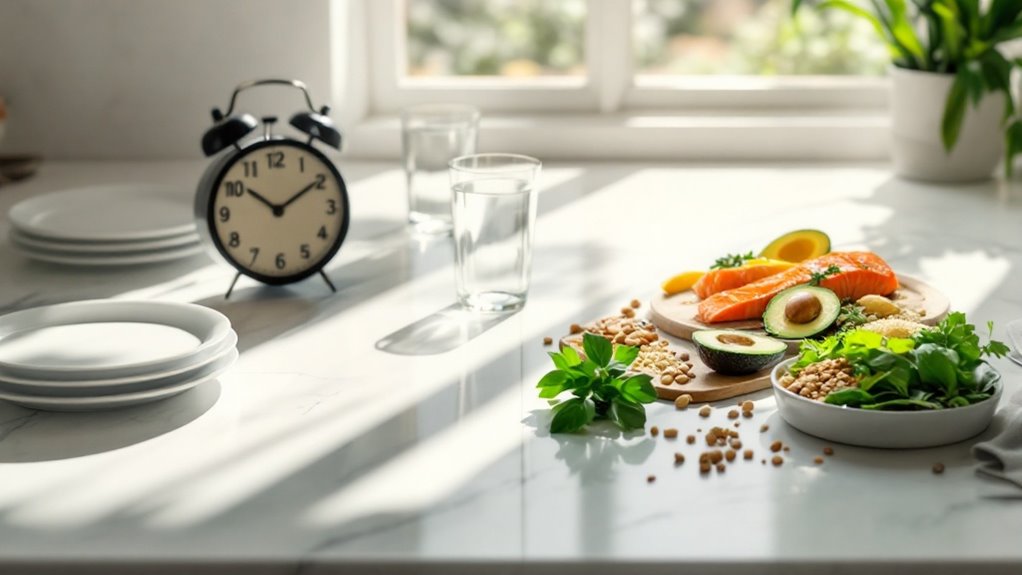
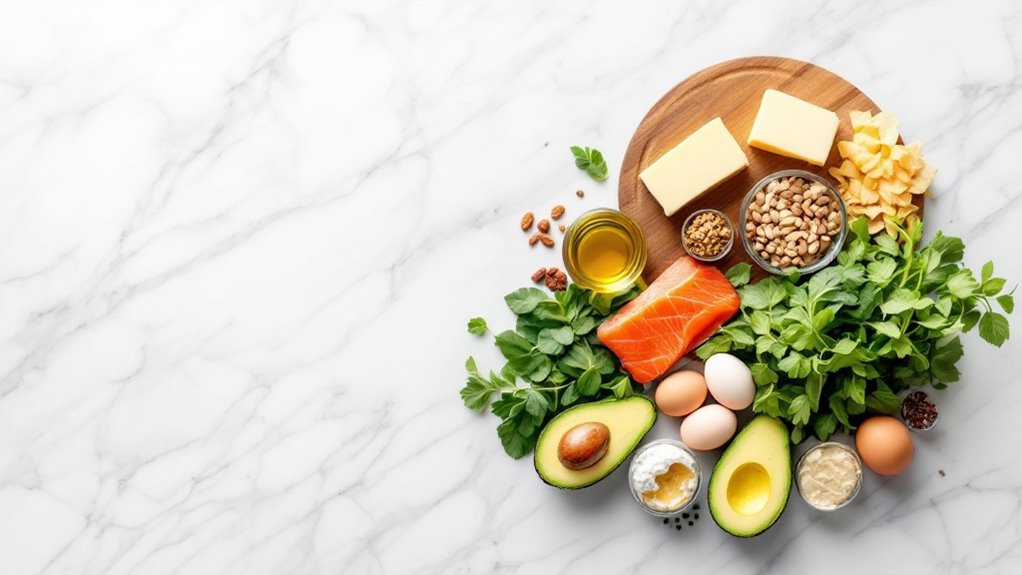
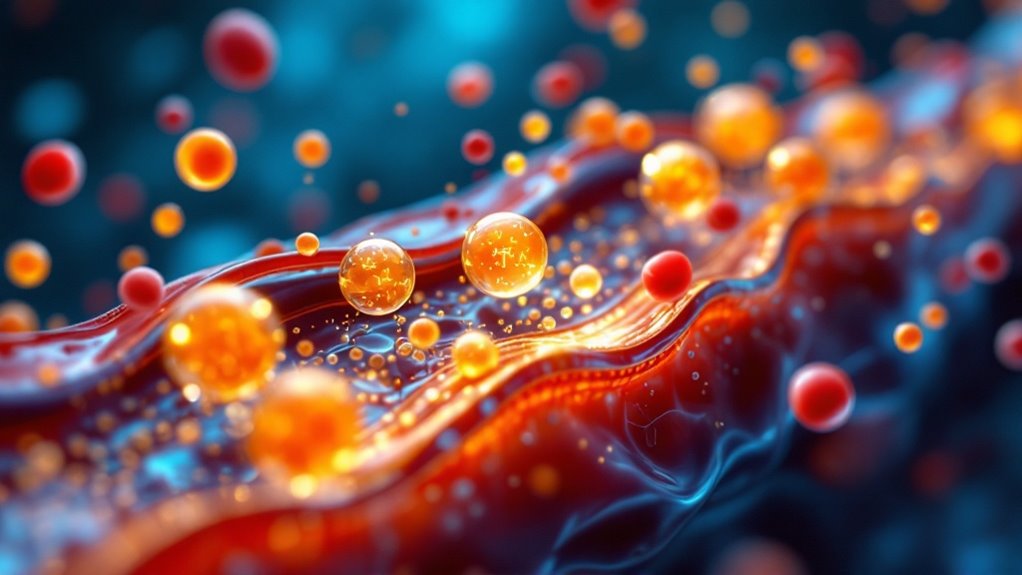


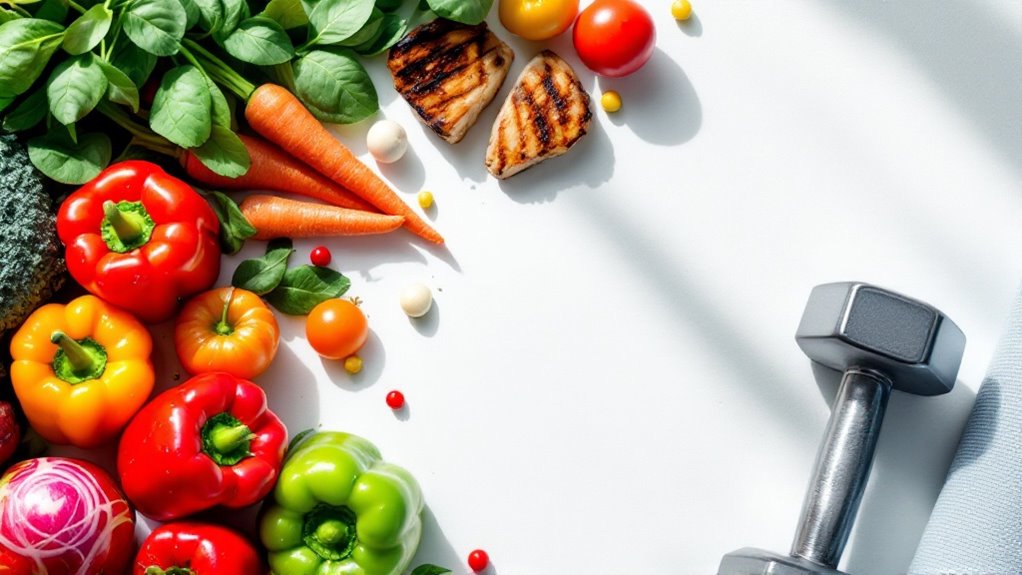
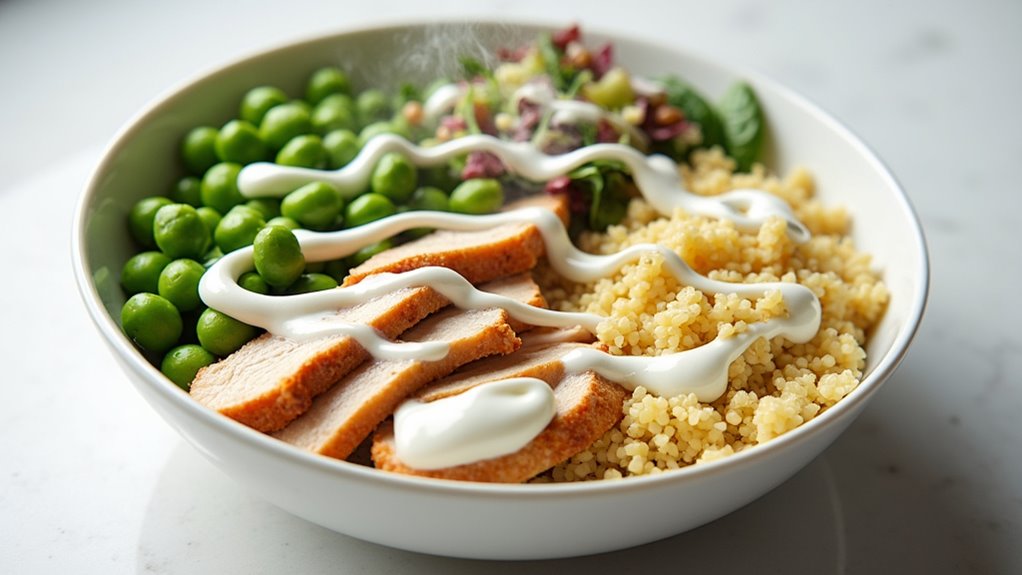
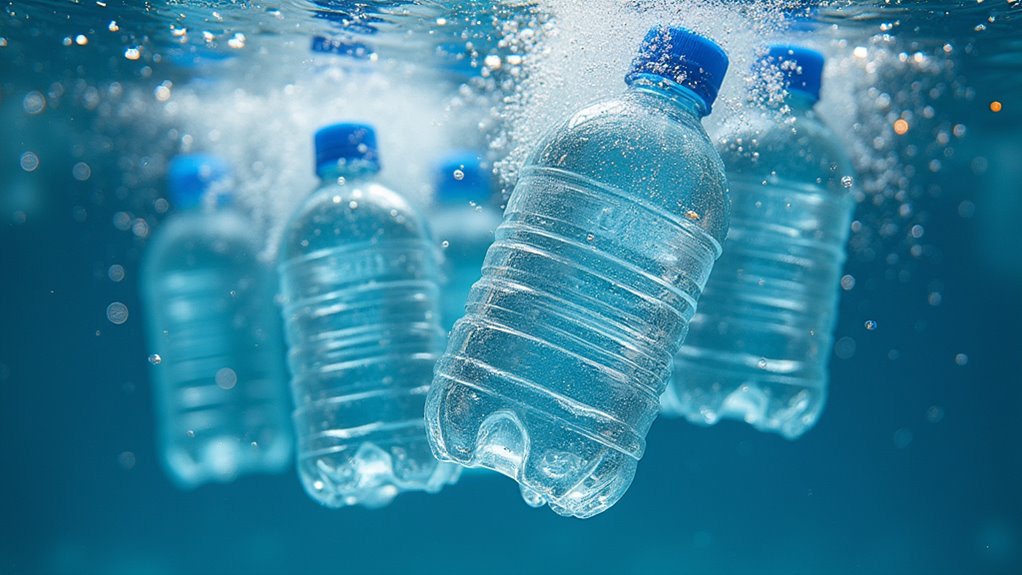


2 comments